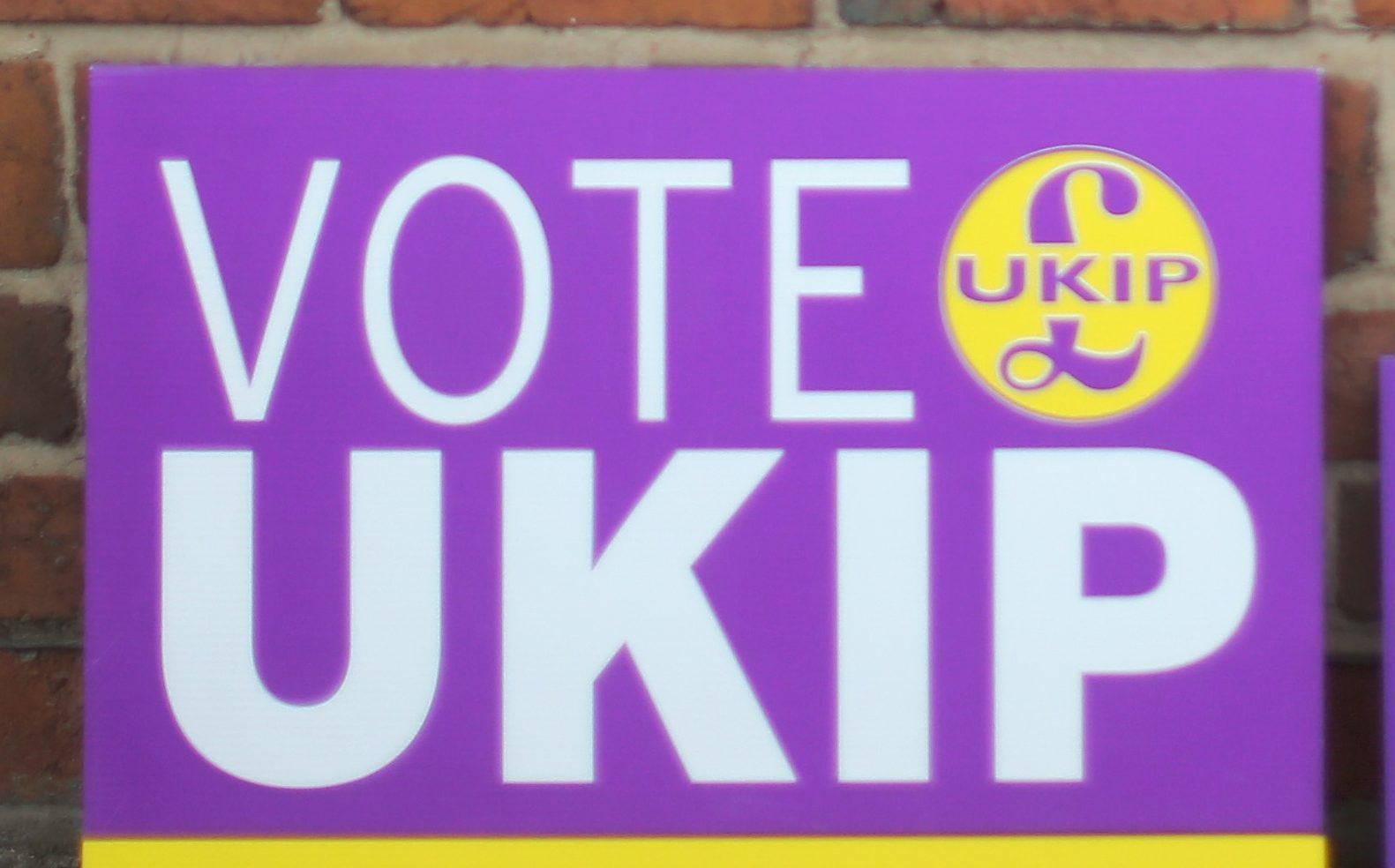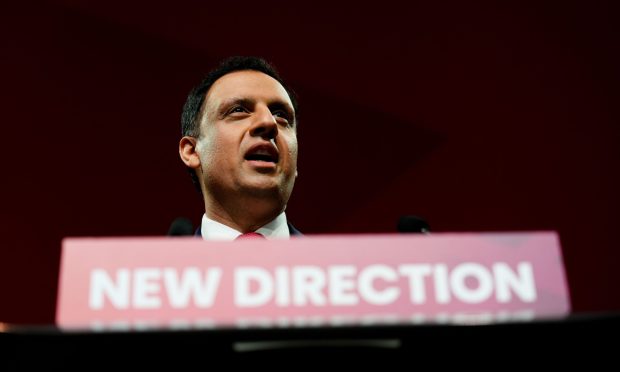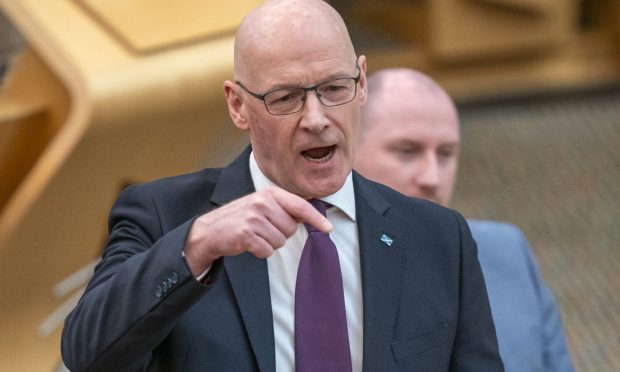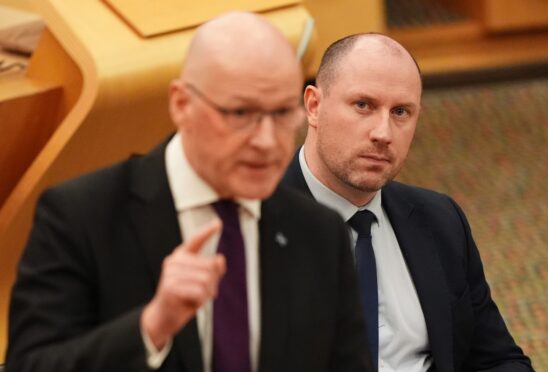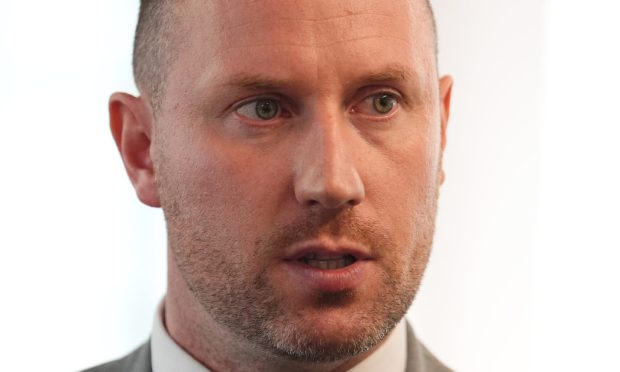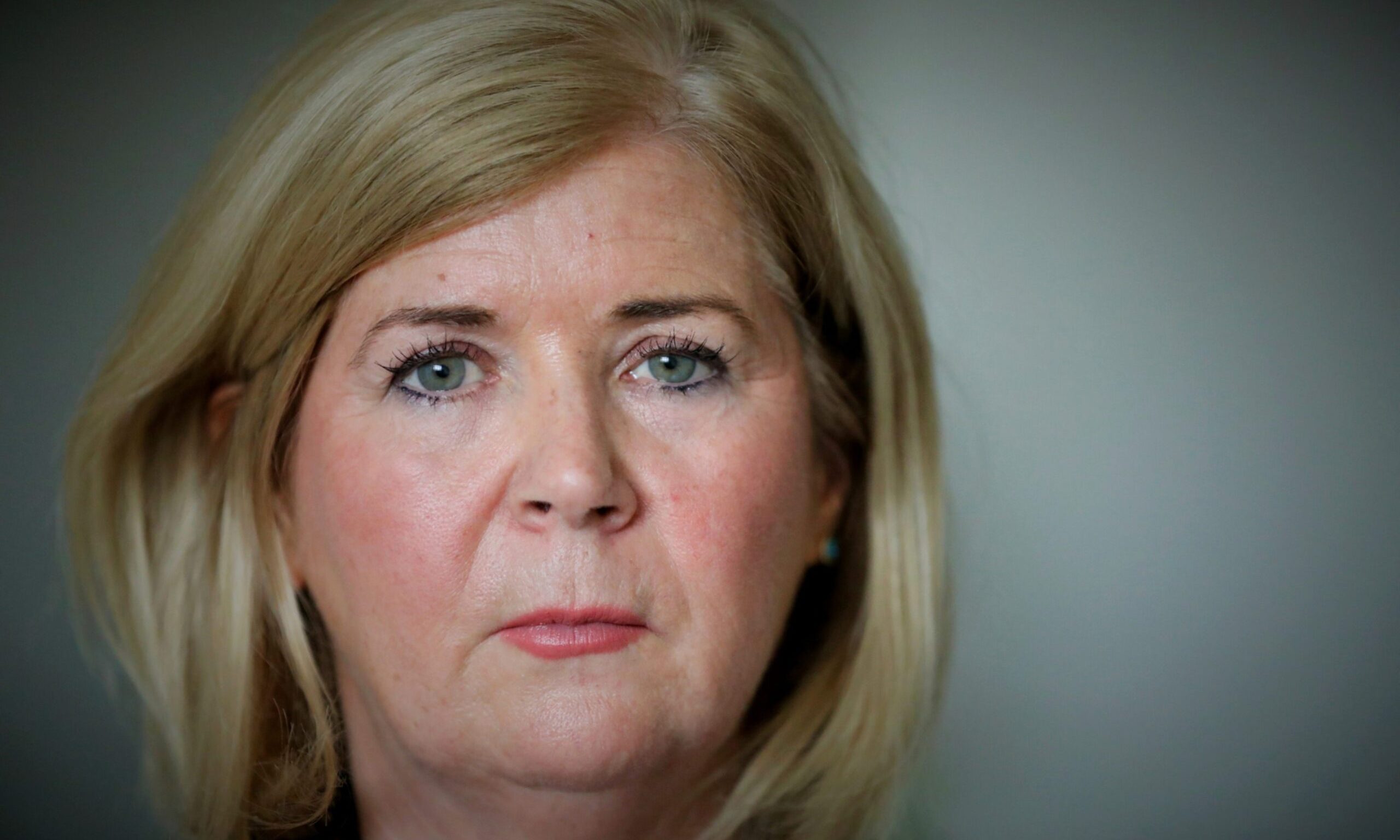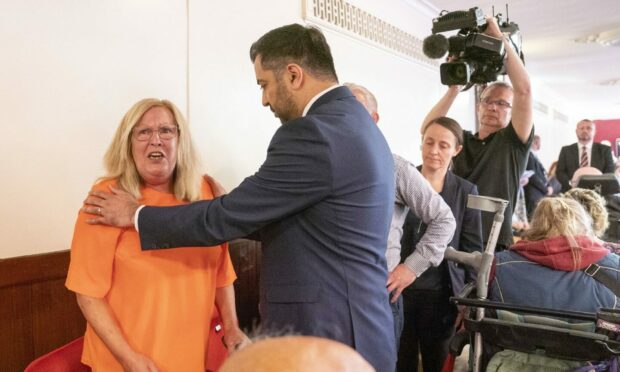Ukip has accused one if its top candidates of attempting to damage the party days before the elections by calling for a change of leadership in Scotland.
Alan Melville, lead candidate for the Lothian region in the Scottish Parliament election, said the party “stands on the brink of disintegration and all-out civil war” in Scotland.
He has become the most high profile party member to call for the removal of David Coburn MEP, Ukip’s only parliamentarian in Scotland, as leader north of the border.
Ukip national leader Nigel Farage stood shoulder-to-shoulder with Mr Coburn last month to dismiss calls for a coup by a group of members who were not selected for election, describing them as “a few disappointed people who are not in positions to win seats”.
But Mr Melville said disquiet within the party goes much higher than a few disappointed members.
In comments reported by the BBC, Mr Melville said: “The ongoing allegations of personal bias and the bypassing of independent assessment remain extremely damaging to David personally and to the wider party.
“Waffle about ‘disappointed candidates’ and ‘jealousy’ do not hold water when you consider the abilities of those candidates not selected when compared to many of those in high position.”
He said a leadership change is the “only way to save the party”.
A Ukip spokesman said: “Mr Melville has had months to raise any concerns he may have but he has remained silent until four days before the election.
“I think that’s a sign that he is trying his best to damage the party rather than air any genuine concerns, at a time that he should really be telling the public what he can do for them if they elect him.
“He is clearly one of the very small bitter and twisted gang, which is a shame for him as he will miss out on Ukip moving forward and making the successes we will achieve this year and in future.”
West of Scotland Ukip candidate Robert Malyn quit on Sunday.
It is unclear whether Ukip can remove Mr Melville from the Lothian list so close to the election.
The Scottish party is understood to be focussing its attention on the Holyrood campaign, and is unlikely to consider whether to discipline Mr Melville for his remarks until after the elections on Thursday.
